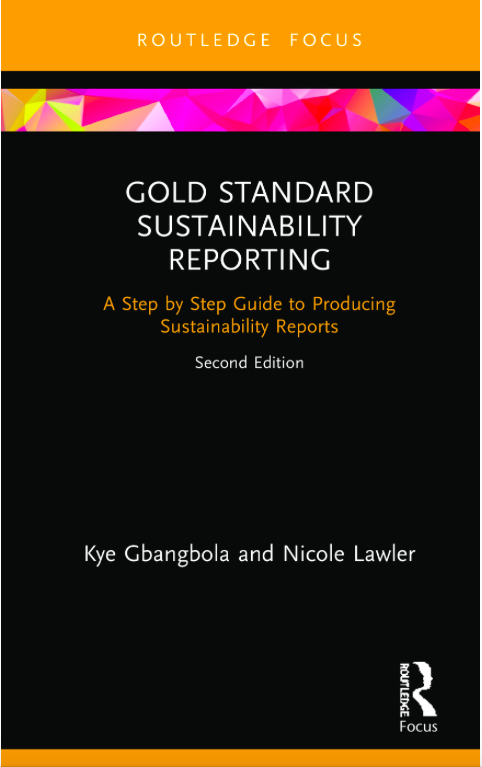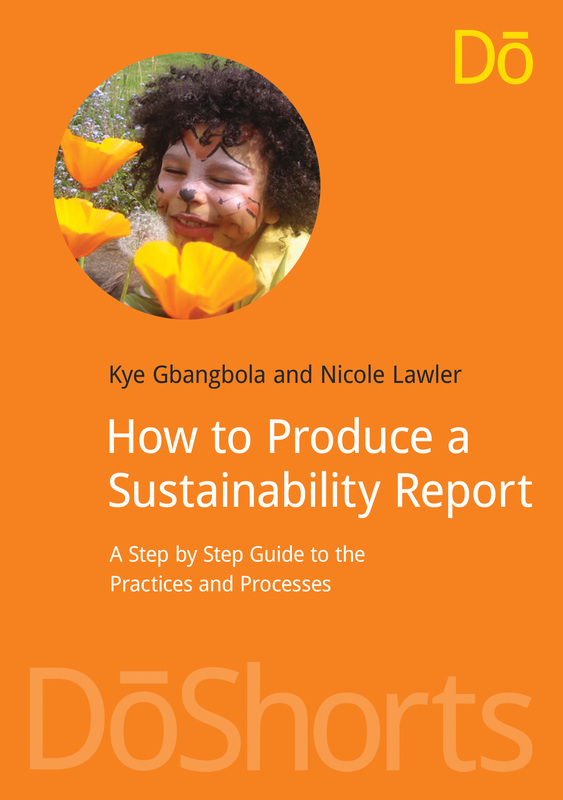
"The CRC Energy Efficiency Scheme (formerly called the Carbon Reduction Commitment) is a mandatory UK carbon trading scheme aimed at improving energy efficiency and cutting emissions in large public and private sector organisations which are responsible for around 10% of the UK’s emissions. The scheme, introduced two years ago, requires that all participants — roughly those with annual energy bills of £500,000 plus — measure and report their carbon emissions annually.
They must also buy allowances from government each year to cover their emissions in the previous year.
A publicly available CRC performance league table shows how each participant is performing compared to others in the scheme. There are heavy financial penalties for non-compliance.
The purpose of the CRC was to drive down UK emissions through the application of financial and reputational drivers, but its future is in the balance. The CBI has been campaigning to get the CRC scrapped and the Treasury doesn’t like it either. In June, DECC completed a consultation to try to simplify the scheme to make it easier to comply and we are awaiting publication of the results, but if this proves unworkable it could be scrapped.
Meanwhile, companies that have invested in systems to respond to CRC are concerned that these may have to be changed at considerable expense.
CRC’s forerunner, the voluntary European Union Emissions Trading System (EU ETS, 2005), is proving more successful. The EU ETS is the largest multi-country, multi-sector greenhouse gas emissions trading system in the world, operating in 30 countries.
Trading terminated in January 2011 due to Cyber theft attacks estimated at more than £23.5m. But new improved systems have been back and operational since June 2012."
Article features in September 2012 addition of Construction Manager
from → Kye Gbangbola















 RSS Feed
RSS Feed
